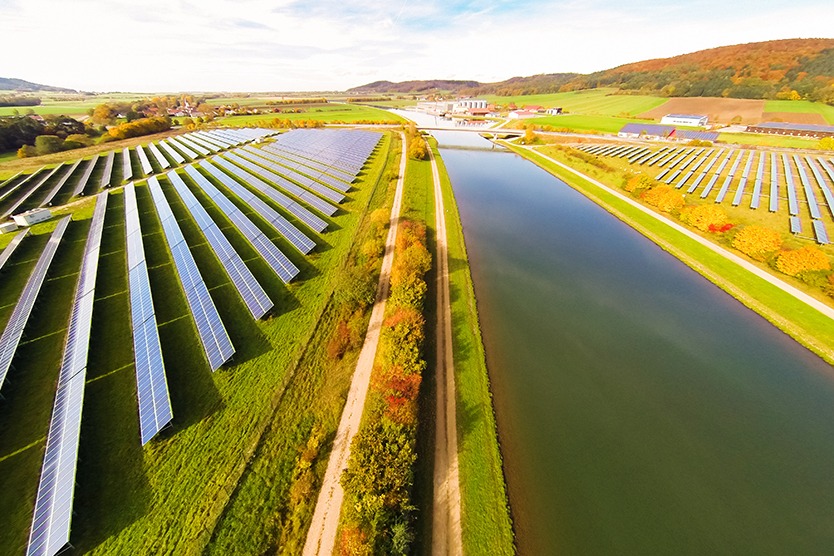Research analysts at the Swiss investment bank UBS think that the cost of energy renewables could be close to zero by 2030 – “it will effectively be free,” according to a recently published forecast. Renewables could soon be less costly than all the alternative energy sources, and that this “is great news for the planet, and probably also for the economy.” The potential for affordable clean energy is far-reaching and the analysis predicts that clean energy will only get even cheaper in the future.
The analysis published in the Financial Times argues that “in 2010, using solar power to boil your kettle would have cost you about £0.03. By 2020, according to estimates by our research team at UBS, the cost will have fallen to half a penny.” And just a decade later, the costs will be so minuscule that the real cost will be negligible. Therefore, as renewables get less expensive, corporate action in the energy sector may intensify but when it comes to renewables, “a dozen major European utilities (about half the names in the sector index) which have recently announced — or have been featured in the press — acquisitions, divestments or takeovers could substantially reshape their business.”
The fundamental economics of the industry is changing and some of the EU’s biggest economies – including the United Kingdom and Germany – set new records for clean energy. In the past, the industry relied heavily on subsidies but some recent wind and solar projects have demonstrated that they can be viable even without subsidies. Now, clean energy is poised to rely on innovation rather than subsidies as companies are competing to secure the best projects in the sector.




